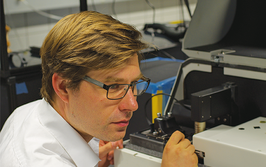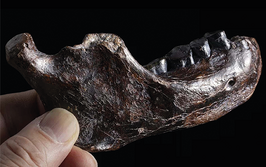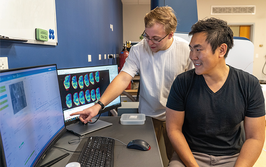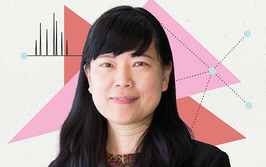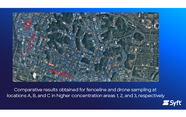Google: The Omnicompetitor
The Internet appears to satisfy our need for information and communication. But its proliferation has damaged businesses that, arguably, connect people and ideas in an even more indispensable way.
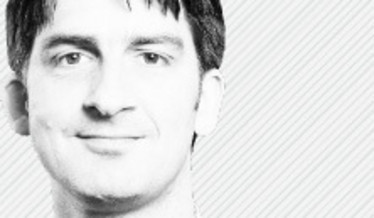
Paul Petersen
The origins of the Internet are attributed to several scientific and academic communities who all had one thing in common: the need to share concepts and research more easily. It is little known that the UK’s National Measurement Institute (NPL) was one of the earliest contributors: in the late 1960s, NPL computer scientist Donald Davies invented a way to transmit long messages. His term, ‘packet-switching’, is still used today. The goal of Davies and other pioneers was to increase the speed of data transmission; the concept of the World Wide Web came later. The sharing of scientific knowledge provided the motivation for the inception of the Internet. It took off in the 1980s, with cultural and commercial use burgeoning throughout the 1990s. But it was at the turn of the new millennium, with the meteoric rise of social media, online shopping, and web-giant Google, that the Internet really started to shape our lives. A new world order was created, redirecting the way we research, share, connect, consume and work. But at what cost?
Back in the middle of the 20th century, the cooperative now known as the Federatie van Technologiebranches was founded to organize ‘HET Instrument’ in the Netherlands. Set up as a trade fair for equipment suppliers, it began with 60 exhibitors and several thousand visitors, and provided an opportunity for people to network and exchange information. By the 1980s and early 90s, its popularity had risen to encompass 40,000 square meters of exhibition space and nearly 70,000 visitors. But, since the mid-90s onwards, exhibitor and visitor numbers have been in decline. I believe that this is in no small part due to the Internet.
The Internet (and its almost permanent connection to modern smart phones) provides extraordinary access to information, in an environment where Google could be considered The Institute. It dominates the search market, despite advances from major competitors. The name itself is a play on the word “googol” (10100) and represents the company’s self-stated mission “to organize a seemingly infinite amount of information on the web”.
Google can find information and even suggest the best contacts. In this sense, it is a modern-day alternative, even a direct competitor, to events like HET. It is also a rival for every magazine, newspaper and all other physical forms of communication. The Internet’s colossal stockpile of information – coupled with Google’s alleged ability to determine its true relevance – represents massive competition.
I contend, however, that information is not knowledge.
If you ‘google’ Google, you find that its objective is to be the “perfect search engine”. Given its ubiquitous nature and the added value of social media, is Google a giant, web-based customer relationship management system? I think not. What it lacks is the human touch that provides depth and meaning to simple information. Google-ing really can’t replace a friend’s recommendation, a colleague’s introduction or even a hand shake. It may well be the repository of the world’s information, but without experts assessing, analyzing and filtering, it has serious limitations.
Part of the NPL’s historical and modern vision could equally describe the challenges facing the analytical sciences in the near future: “To deliver social and economic impact through world-class measurement science, innovative applied research and knowledge services”. The process of sharing original knowledge through real social interaction between industry and academia should not – must not – be lost. It provides much-needed navigation beacons in an ever-shifting, ever-growing sea of online information. We, the technology community, must continue to use the Internet to our advantage, whilst ensuring that “the good old ways” are not lost forever.
Paul Petersen completed his studies in Business Administration at the University of Twente, The Netherlands, in 1992. “The first part of my career was focused on market research in a variety of companies. The emphasis on technology, mathematics and management created possibilities in other areas.” Lecturing in logistics, market research and project management was combined with giving courses in Six Sigma for General Electric and introducing quality systems to SMEs. Since 2000, Paul has worked for FHI (Federation Het Instrument). He started as a project manager, becoming the manager of the Electronics sector in 2003. “In 2008, I started to align the four sectors in my new role as adjunct-director. I’ve introduced new ways of cooperation, Internet marketing and a fresh approach to events as a director of marketing at FHI.”
